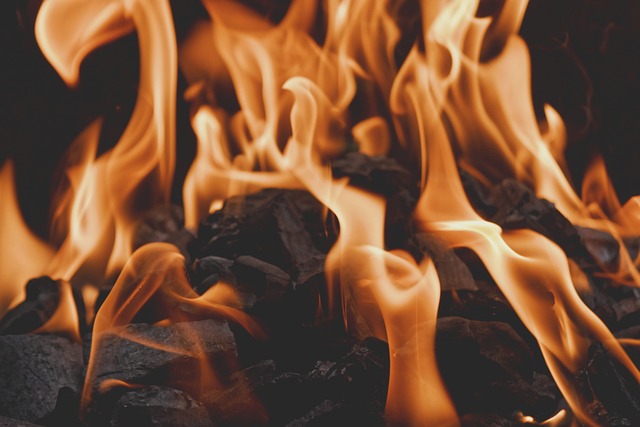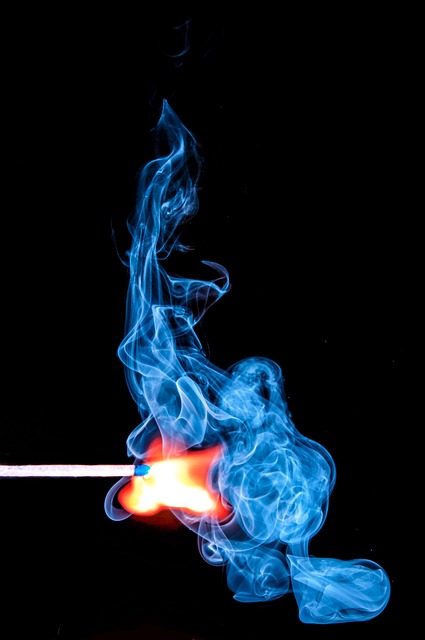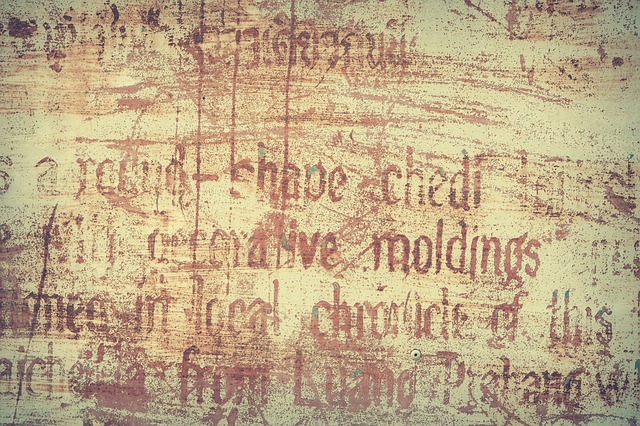Chicago's real estate market presents unique opportunities for investors, with diverse neighborhoods offering varying challenges. Recent growth has attracted investors, driven by demand for housing in areas with economic development and improved infrastructure. While prime locations like downtown and lakefront zones are highly sought after, historical neighborhoods and post-fire recovery areas offer potential through undervalued properties and renovation. Investing in fire-damaged houses in Chicago provides below-market prices and the chance to transform them into desirable residential or commercial spaces, contributing to the city's revitalization. However, navigating legal complexities, understanding insurance, adhering to building codes, and strategic marketing are crucial for successful sales, especially with careful financial planning and legal guidance.
“Uncover the lucrative opportunities within Chicago’s real estate landscape, particularly the niche yet rewarding sector of fire-damaged properties. This comprehensive guide is tailored for investors seeking to navigate the unique challenges and advantages of this market. From understanding the dynamic city environment to mastering legal aspects, we delve into effective strategies for acquiring and selling fire-damaged houses in Chicago. Explore innovative approaches and ensure a successful investment journey.”
- Understanding Chicago's Real Estate Market for Investors
- The Appeal of Investing in Fire-Damaged Properties
- Strategies for Selling Fire-Damaged Houses in Chicago
- Legal and Financial Considerations for Real Estate Investors
Understanding Chicago's Real Estate Market for Investors
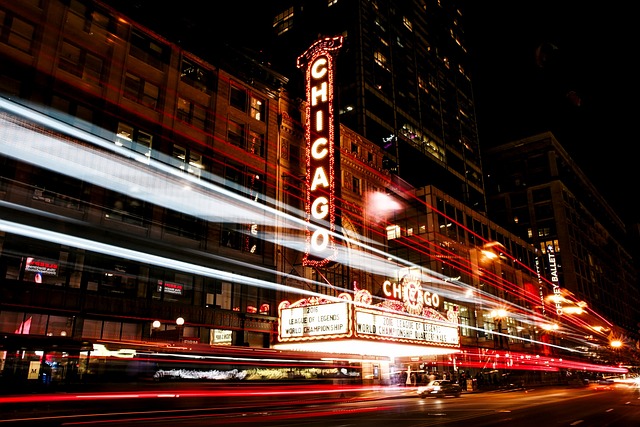
Chicago’s real estate market offers a diverse range of opportunities for investors, with various neighborhoods presenting unique advantages and challenges. Understanding the dynamics of this market is crucial for those looking to invest in properties like selling fire damaged houses in Chicago. The city has seen significant growth and revitalization in recent years, attracting both local and out-of-state investors. One key trend is the increasing demand for housing in areas with strong economic development and improved infrastructure.
For instance, areas that have experienced urban renewal, such as parts of downtown and along the lakefront, have become highly desirable due to their proximity to jobs, entertainment, and cultural attractions. On the other hand, certain neighborhoods with historical significance or those facing environmental challenges, like post-fire recovery zones, may present unique investment opportunities. Investors who are adept at identifying undervalued properties and recognizing potential for renovation can prosper in these areas, contributing to Chicago’s ongoing real estate transformation.
The Appeal of Investing in Fire-Damaged Properties
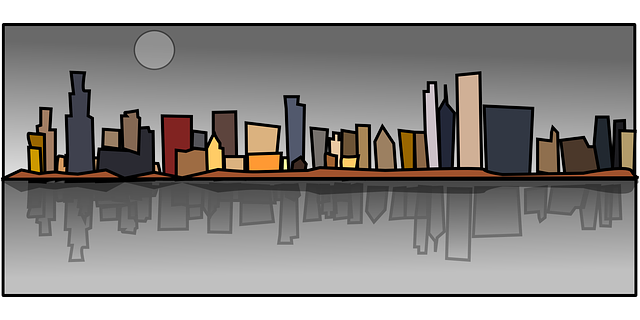
Investing in fire-damaged properties in Chicago can be an attractive opportunity for real estate investors due to several factors. These properties often come at below-market prices, making them an affordable entry point into the competitive Chicago real estate market. With a bit of renovation and rehabilitation, these damaged houses can be transformed into desirable residential or commercial spaces, appealing to buyers looking for unique or fixer-uppers.
The process of selling a fire-damaged house in Chicago involves specialized knowledge and considerations. Investors must assess the extent of damage, navigate legal and insurance complexities, and adhere to local building codes during renovation. However, with careful planning and expertise, these challenges can be overcome, resulting in profitable investments and the opportunity to contribute to the city’s revitalisation efforts.
Strategies for Selling Fire-Damaged Houses in Chicago

Selling a fire-damaged property in Chicago can be a challenging task, but with the right strategies, investors can navigate this process successfully and maximize their returns. The first step is to assess the extent of the damage. In Chicago, where winter can bring severe weather conditions, understanding the impact of water damage, mold, and structural issues is crucial. Professional inspections are essential to determine the feasibility of repairs and the potential resale value post-renovation.
Once the assessment is complete, investors have several options. They can choose to renovate and restore the property themselves, targeting buyers who appreciate historic or unique homes. Alternatively, they may opt for a quicker sale by marketing the house as-is to cash buyers or investors specializing in fire-damaged properties. Efficient marketing strategies, including high-quality photography and transparent listings, are key to attracting the right audience. Additionally, partnering with real estate agents experienced in handling such sales can significantly expedite the process and ensure a competitive price.
Legal and Financial Considerations for Real Estate Investors
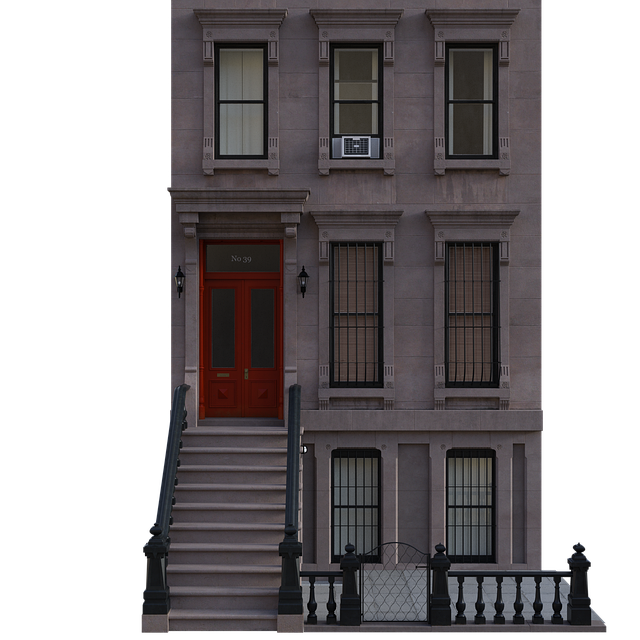
Real estate investors in Chicago, especially those looking to flip or renovate properties, must navigate a series of legal and financial considerations. One prominent aspect is understanding the regulations around selling fire-damaged houses in Chicago. These rules are designed to protect both property owners and buyers, ensuring safe and compliant transactions. Investors need to thoroughly assess the extent of damage and comply with local building codes, often involving costly repairs and permits.
Financial planning is another critical component. Investors should secure adequate funding, consider potential renovation costs, and factor in market fluctuations. Chicago’s competitive real estate market demands precise financial management, especially when purchasing properties at auction or through other distressed sales channels. Legal consultation can help navigate tax implications, contract negotiations, and potential liabilities associated with buying and selling fire-damaged homes.
Chicago’s real estate market presents unique opportunities for investors, particularly with the potential of buying and renovating fire-damaged properties. Understanding the local dynamics and implementing effective strategies for selling these houses can lead to lucrative investments. By navigating the legal and financial aspects carefully, investors can turn challenges into advantages, making Chicago a compelling destination for those looking to excel in real estate, especially when it comes to selling fire damaged houses in Chicago.

